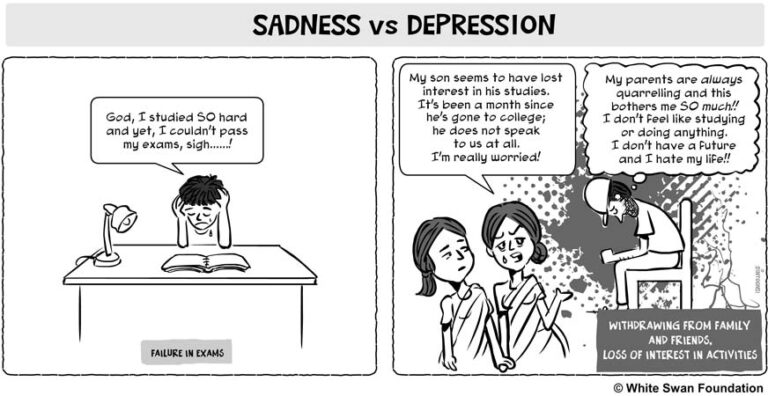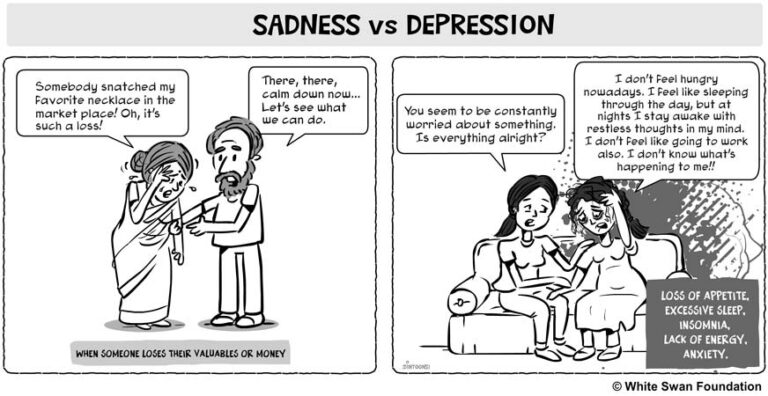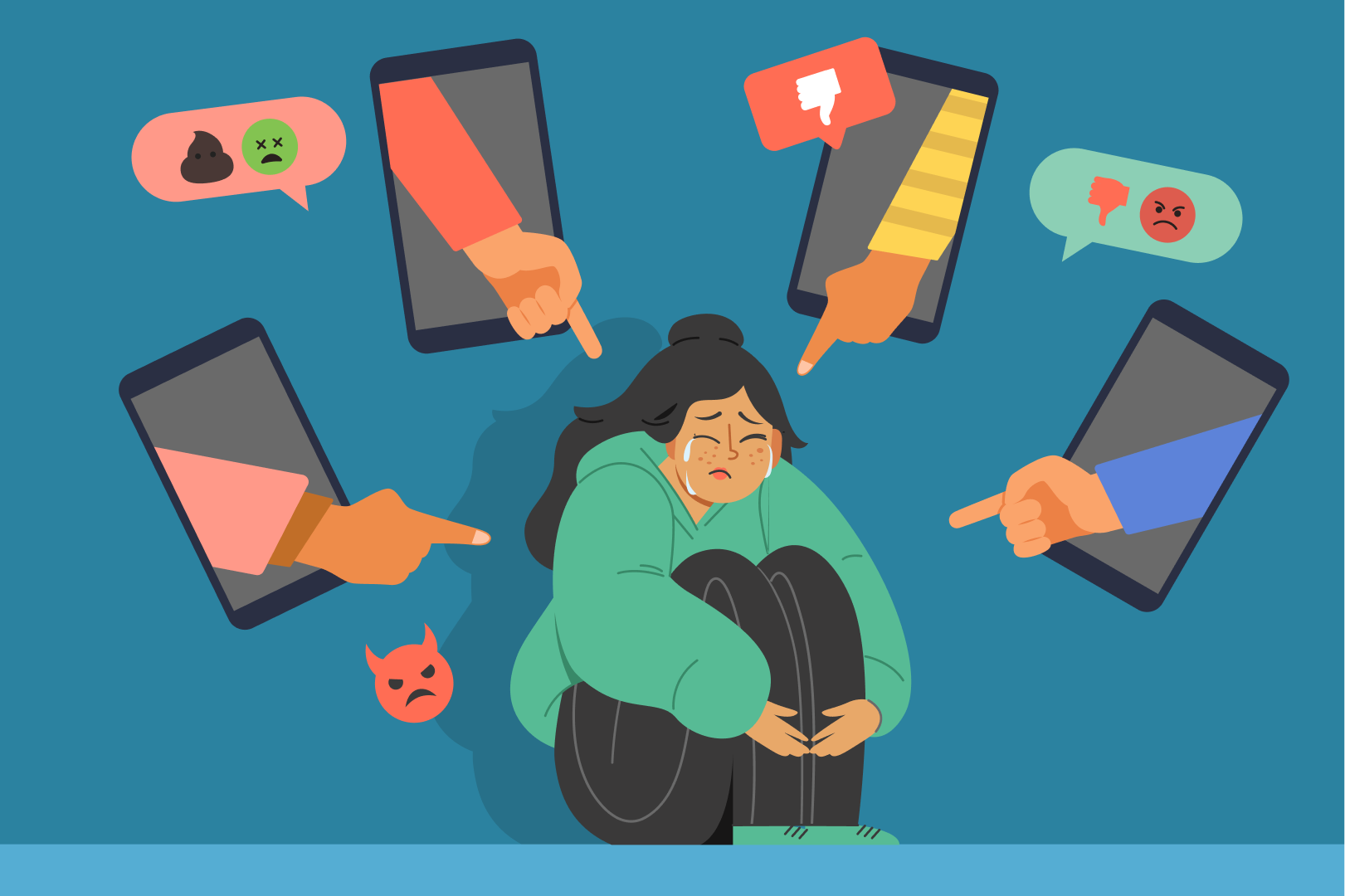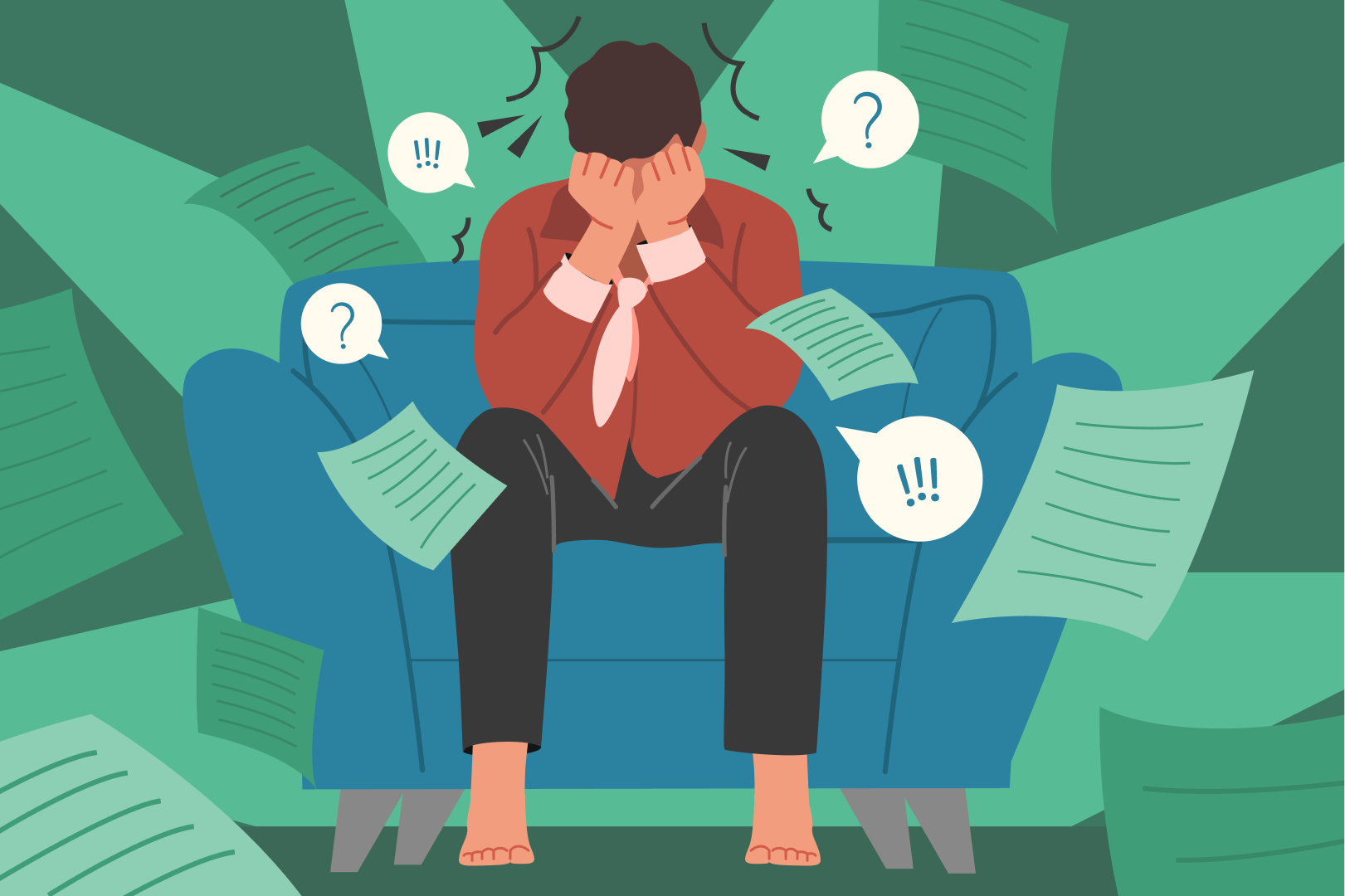Emotions or feelings are an essential part of your life. They help you to adjust to the world around you as they give you information about yourself and the environment around you.
The emotions you feel each day can make you take action and influence the decisions you make about your lives, both large and small. In order to truly understand emotions, it is important to understand the three parts of an emotion.
There are three parts to an emotion:
- A subjective component (how you experience the emotion)
- A physiological component (how your bodies react to the emotion)
- An expressive component (how you behave in response to the emotion).

Everyone gets angry occasionally. Like other emotions, it is accompanied by physiological and biological changes; when you get angry, your heart rate and blood pressure go up, as do the levels of your hormones, adrenaline, and noradrenaline. Anger can be caused by both external and internal events. You could be angry at a specific person (such as a friend or coworker) or an event (a traffic jam, isolation because of Covid), or your anger could be caused by worrying about your personal problems.
Sometimes the reasons for anger are obvious; other times, you might have no idea why you are losing your temper . It doesn’t really matter what’s making you angry; the important thing is what you do (and how you cope) with that anger. When anger gets out of control and turns destructive, it can lead to problems—problems at work, in your personal relationships, and in the overall quality of your life.
The most natural way to express anger is to respond aggressively. Anger is a natural, adaptive response to threats; it inspires powerful, often aggressive, feelings and behaviors, which allow us to fight and to defend ourselves when we are attacked. A certain amount of anger, therefore, is necessary to our survival.
On the other hand, we can’t physically hit out at every person or object that irritates or annoys us;there are laws, social norms and common sense that stop us from being aggressive. The three main approaches are expressing, suppressing, and calming. Expressing your angry feelings in an assertive—not aggressive—manner is the healthiest way to express anger. To do this, you have to learn how to make clear what your needs are, and how to get them met, without hurting others. Being assertive doesn’t mean being pushy or demanding; it means being respectful of yourself and others. Anger can be suppressed, and then converted or redirected.
This happens when you hold your anger, stop thinking about it, and focus on something positive. the aim is to inhibit or suppress your anger and convert it into more constructive behaviour. Eg. If you are angry with your parents, you deal with it by cleaning your room; if you are angry with your friend you go and play football. If you turn the anger inward may it cause hypertension, high blood pressure, or depression.
If you don’t express anger it can come out in a way which does not help you and affects your relationship with others. You may try to get back at people indirectly, without telling them why. You can also be constantly putting others down and criticizing everything.
Finally, you can calm down inside. This means not just controlling your outward behaviour, but also controlling your internal responses, taking steps to lower your heart rate, calm yourself down, and let the feelings subside. Anger is often regarded as negative; we’re taught that it’s right to express sadness, being scared but not to express anger. As a result, we don’t learn how to handle it or chanel it constructively. Here are some ways to deal with your anger.
Simple relaxation tools, such as deep breathing and relaxing imagery, can help calm down angry feelings.Some simple steps you can try:
- Breathe deeply, from your stomach; breathing from your chest won’t relax you.
- Slowly repeat a calm word or phrase such as “relax,” “take it easy.” Repeat it to yourself while breathing deeply.
- Use imagery; visualize a relaxing experience, from either your memory or your imagination.
- Nonstrenuous, slow yoga-like exercises can relax your muscles and make you feel much calmer.
Practice these techniques daily. Learn to use them automatically when you’re in a tense situation.
Angry people may swear, abuse others and even try to hit others. When you’re angry, your thinking is not clear and organised.
Try replacing these thoughts by being more logical. For instance, instead of telling yourself, “oh, it’s awful, it’s terrible, everything is over,” tell yourself, “it’s frustrating, and it’s understandable that I’m upset about it, but it’s not the end of the world and getting angry is not going to fix it anyhow.”
Be careful of words like “never” or “always” when talking about yourself or someone else. “This stupid phone never works,” or “you’re always forgetting things” are not accurate, they also serve to make you feel that your anger is justified and that there’s no way to solve the problem. They also alienate and humiliate people who might otherwise be willing to work with you on a solution.
Tell yourself that getting angry is not going to fix anything, that it won’t make you feel better (and may actually make you feel worse). Remind yourself that the world is “not out to get you,” you’re just experiencing some of the rough spots of daily life. Do this each time you feel anger getting the best of you, and it’ll help you get a more balanced point of view.
Sometimes, your anger and frustration are caused by very real problems in your life.The best attitude to bring to such a situation, then, is not to focus on finding the solution, but rather on how you handle and face the problem.
Make a plan, and check your progress along the way. Resolve to give it your best, but also not to punish yourself if an answer doesn’t come right away. If you can approach it with your best efforts and make a serious attempt to deal with the problem ,you will be less likely to lose patience even if the problem does not get solved right away.
Angry people tend to say and do things that they don’t mean. The first thing to do if you are arguing,is to slow down and think before replying. At the same time, listen carefully to what the other person is saying and take your time before answering.
Find out for yourself what is the cause of your anger. For example, It may be because your parents expect too much from you, your friends have more money than you or because you don’t know how to find a job.Once you know the reason for your anger, find a way to deal with it.
Cracking jokes can sometimes help you deal with a difficult situation. However, be careful when you laugh at a situation. First, don’t try to just “laugh off” your problems; rather,look at a situation less seriously so that you can think of better ways of dealing with it . Second, don’t be harsh, hurtful to others when you laugh at a situation ,that’s just another form of unhealthy anger expression. What these techniques have in common is a refusal to take yourself too seriously.
Sometimes it’s our immediate surroundings that give us cause for irritation. Problems and responsibilities can weigh on you and make you feel angry at the “trap” you seem to have fallen into and all the people and things that got you into that trap. Give yourself a break. Make sure you have some “personal time” scheduled where you can do things that you enjoy (playing football, chatting with friends, listening to music, watching a movie)

Sadness and Depression
Sadness is a human emotion that all people feel at certain times during their lives. Feeling sad is a natural reaction to situations that cause emotional upset or pain. There are varying degrees of sadness. But like other emotions, sadness is temporary and fades with time. In this way, sadness differs from depression.
Depression is a longer-term mental illness. It affects your work, your relationships, your eating and sleeping habits.
If your sadness lasts more than two weeks and is accompanied by other warning signs, it may mean it’s more than just that. If it is paired with other factors of depression—loss of energy, trouble concentrating or making decisions, difficulty sleeping, disruption in eating patterns, feelings of hopelessness, worthlessness or thoughts of suicide.

Grief is a normal reaction to a tremendous loss. If you lost something or someone important, it’s expected for you to be stricken with grief for a long time—much longer than the two-week criterion for depression. And chances are, you won’t find too many thing exciting or interesting or pleasurable, depending on how you grieve and what stage you’re in. Many people can and should turn to counseling in a time of loss—it’s a way to help you sort out how you’re feeling and learn the best way to cope.
If you think you might be depressed, you should seek counseling—which can be helpful even if you don’t come out with a clinical diagnosis.
If you’re grieving for a long time and it’s disrupting your life, or if you are struggling to cope with another type of sadness or stress and you’re noticing it’s affecting you physically (you’re not eating, losing weight, not sleeping or sleeping all the time), it’s a good idea to seek professional help. Meeting with a counsellor can be useful for identifying coping strategies and working through complex emotions, whether you’re depressed or not. For some people, grief and sadness can segue into major depression. “ If you know you’re prone to depression and have been treated for it in the past, don’t wait until things spiral. Talk to a mental health professional when you are deeply sad or consumed by grief to keep yourself afloat during the most emotionally challenging times.








